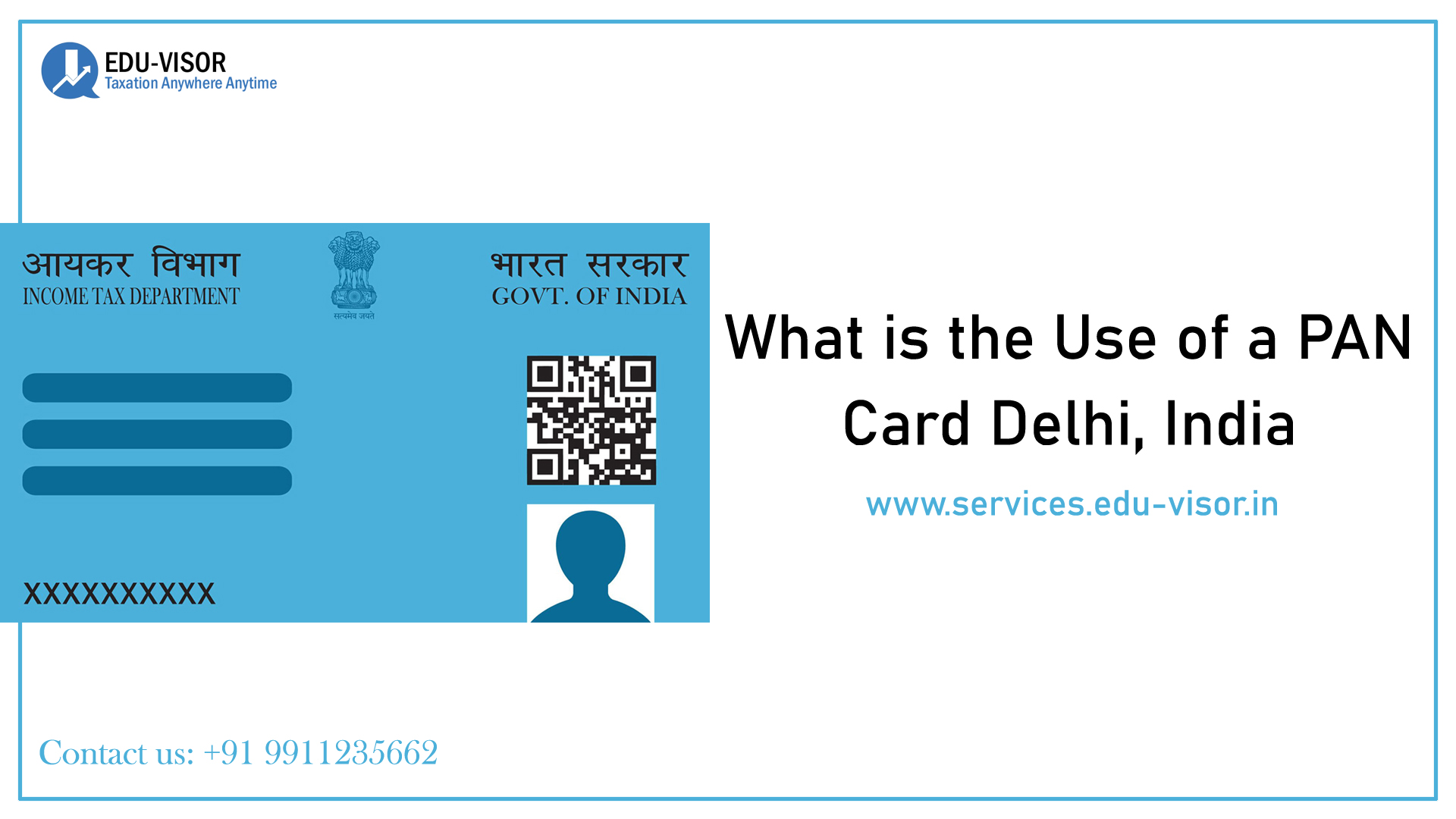
What is the Use of a PAN Card, India
PAN is a Permanent Account Number (10-digit alphanumeric number), which is issued by the Income Tax Department in India. A PAN Card is used as a document of identity proof. Another important use of PAN Card is that it is required mandatorily when opening a bank account or carrying out financial transactions. It is similar to the Social Security Number (SSN) that is issued in the United States.
Section 139A of the Income Tax Act 1961 is the relevant section that lays down the requirements for the same. The main purpose why the Government of India issues PAN cards is prevention of tax evasion. By requiring people to fill their PAN card numbers when engaging in money transfer, the IT Department can keep track of all monetary transactions that take place, in order to prevent tax evasion.
Use of PAN Card
A PAN card is mandatorily used for the following:
1. To register your company in India
2. Open a bank account
3. Make a bank deposit worth Rs. 50,000 or more
4. Open a bank fixed deposit worth Rs. 50 000 or more
5. Open a post office deposit worth Rs. 50 000 or more
6. Buy/sell mutual funds, shares, property
7. Purchase a vehicle
8. Taking a loan
9. Install a telephone including a mobile phone
10. Pay bills exceeding Rs. 25 000 or more in restaurants and hotels
11. Apply for a credit card
12. File an income tax return
13. Pay TDS
PAN Card: Other Important Points
There are certain transactions, where the requirement of filling the PAN card number can be done away with, provided Form 60 is filled. Non-Resident Indians (NRIs) can fill Form 60 instead of PAN, as it is not mandatory for them to have PAN cards. However, it is definitely useful to have a PAN Card. While Rule 114 of the Income Tax Rules lays down the procedure for applying for a PAN Card, Rule 114B of the Rules mandates the documents in which the PAN card number is required to be quoted. Rule 114C lists the persons who are exempt from the requirements of PAN application under Section 139A. Failure to comply with the requirements of Section 139A results in the imposition of fine worth Rs. 10,000 (according to Section 272B of the Act).
Team Edu-Visor